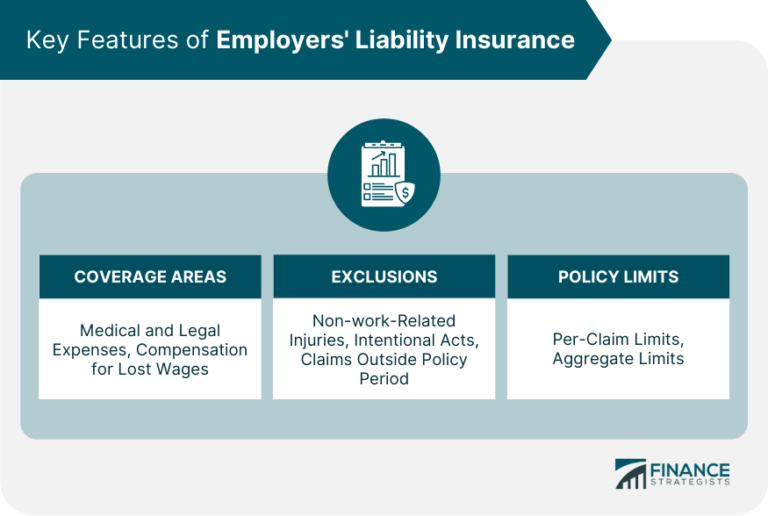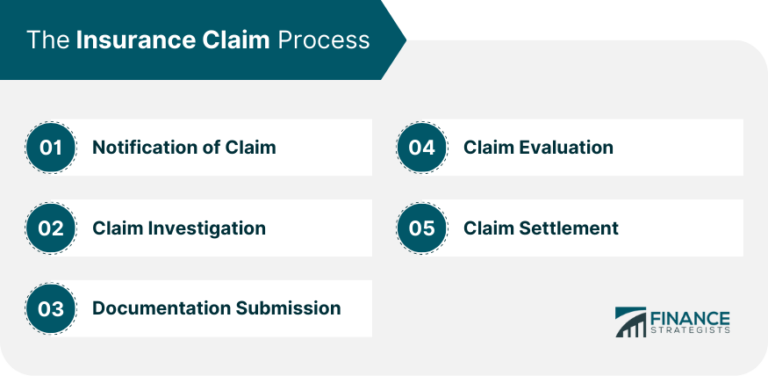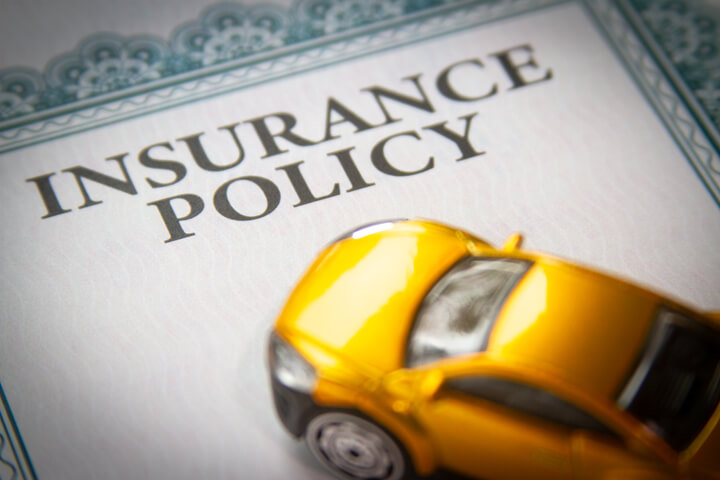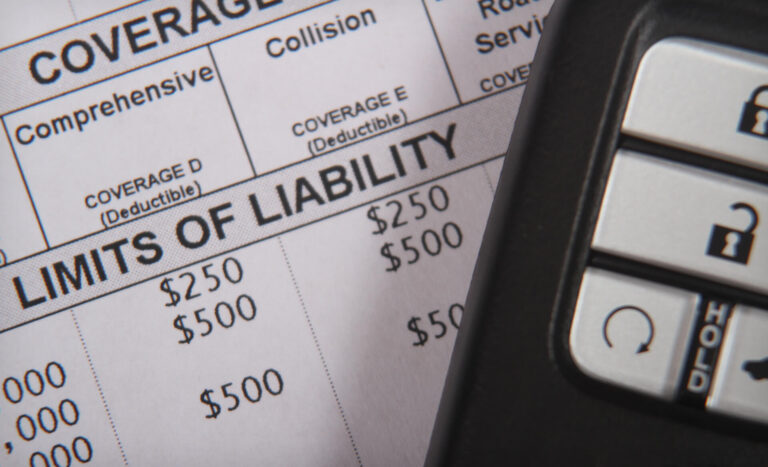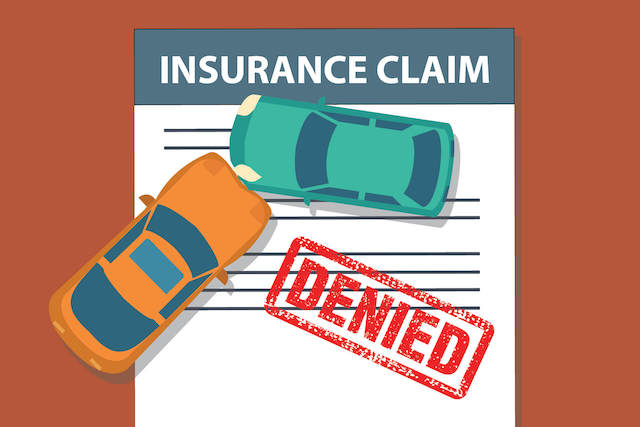
Dealing with insurance companies after an accident can be a stressful and complicated process. Insurers often aim to minimize payouts, which can make it difficult for accident victims to receive the compensation they deserve. Knowing what to do—and what not to do—when handling an insurance claim can make a significant difference in the outcome of your case. In this article, we’ll explore the essential dos and don’ts to help you navigate this process effectively.
The Dos of Dealing with Insurance Companies
1. Do Report the Accident Promptly
One of the first steps after an accident is notifying your insurance company. Most insurers have strict deadlines for filing claims, so timely reporting is crucial. Provide them with the necessary details but avoid admitting fault or making assumptions about the accident.
2. Do Gather and Preserve Evidence
To strengthen your claim, collect as much evidence as possible, including:
- Photos and videos of the accident scene, vehicle damage, and any visible injuries.
- Contact information for witnesses.
- A copy of the police report, if applicable.
- Medical records documenting your injuries and treatment.
3. Do Keep Detailed Records
Maintain a file with all relevant documents related to the accident, including:
- Insurance correspondence.
- Medical bills and receipts.
- Repair estimates for property damage.
- A journal tracking your symptoms and recovery.
4. Do Be Honest but Cautious
When speaking with an insurance adjuster, provide truthful information, but stick to the facts. Avoid exaggerating or downplaying injuries, as inconsistencies can harm your credibility.
5. Do Consult a Personal Injury Attorney
If you’ve suffered significant injuries or the insurer is offering a low settlement, consider consulting a personal injury lawyer. An attorney can help you understand your rights, negotiate with insurers, and pursue legal action if necessary.
6. Do Follow Your Doctor’s Recommendations
Seeking medical attention and following your doctor’s treatment plan is critical. Failing to do so could give the insurance company a reason to argue that your injuries aren’t severe or that you are exaggerating your condition.
The Don’ts of Dealing with Insurance Companies
1. Don’t Admit Fault
Even if you think you might be partially responsible for the accident, avoid admitting fault. Liability is determined through an investigation, and premature admissions can be used against you.
2. Don’t Provide a Recorded Statement Without Legal Advice
Insurance adjusters may ask you to provide a recorded statement. Politely decline until you’ve spoken with an attorney, as anything you say could be used to devalue or deny your claim.
3. Don’t Accept the First Settlement Offer
Insurance companies often offer low settlements early on, hoping claimants will accept without question. Before agreeing to any offer, review the details carefully and ensure it fully covers your medical expenses, lost wages, and other damages.
4. Don’t Sign Anything Without Reviewing It Carefully
Before signing any documents from the insurance company, read them thoroughly. Some forms may include waivers or clauses that limit your right to seek further compensation. If unsure, have a lawyer review the paperwork first.
5. Don’t Post About the Accident on Social Media
Insurance companies often monitor claimants’ social media accounts. Avoid posting details about the accident, your injuries, or any activities that could be misinterpreted to undermine your claim.
6. Don’t Delay Seeking Medical Treatment
Prompt medical attention is crucial, both for your health and for your claim. Delays in treatment can give the insurer a reason to argue that your injuries were not serious or were caused by something other than the accident.
Conclusion
Successfully dealing with insurance companies after an accident requires a strategic approach. By following the dos—such as gathering evidence, keeping records, and consulting an attorney—and avoiding the don’ts—such as admitting fault, accepting lowball offers, or providing recorded statements without legal guidance—you can protect your rights and improve your chances of receiving fair compensation. If you find yourself struggling with an insurance claim, consider seeking legal assistance to ensure you get the settlement you deserve.
